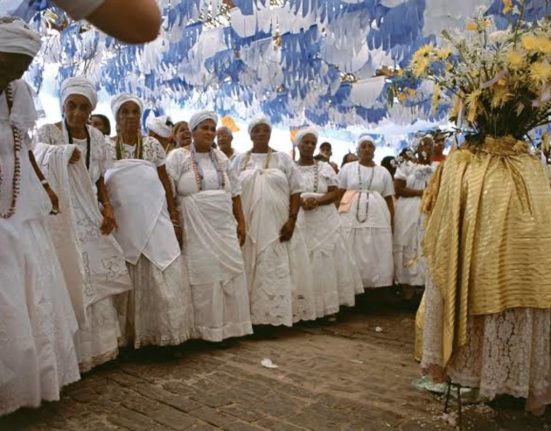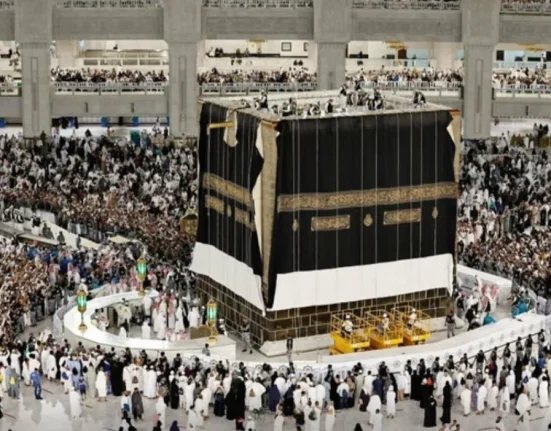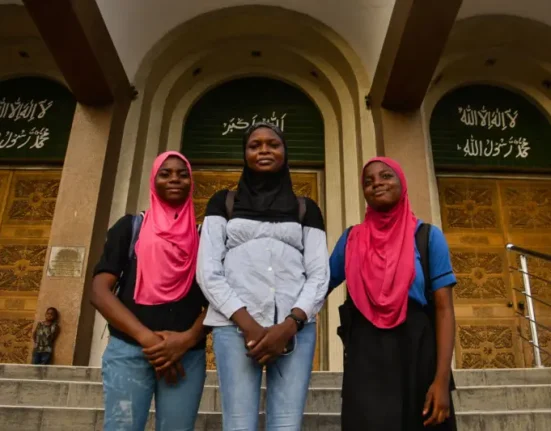Kafayat Oyewo-Oyelere
In Nigeria, From classrooms to courtrooms, offices to marketplaces, Muslim women who wear the hijab often find themselves fighting not just for space, but for respect and recognition in a country that claims to be free and fair.
What Is the Hijab and Why Do Muslim Women Wear It?
The hijab is not a cultural fashion. It is a religious obligation commanded by Allah in the Qur’an:
“…Tell the believing women to lower their gaze and guard their chastity, and not to reveal their adornments except what normally appears… and to draw their veils over their chests…”
(Qur’an 24:31)
For the Muslim woman, hijab is an act of worship, a sign of modesty, and a spiritual armor. Wearing it is not oppression, it is devotion.
The Nigerian Reality: Discrimination in Uniform.
Despite the right to religious freedom being clearly enshrined in the Nigerian Constitution (Section 38), many Muslim women and girls face discrimination:
Students barred from classrooms or exams because of their hijab.
Jobseekers denied employment, or asked to remove the hijab for photographs or ID cards.
Corporate dress codes subtly or openly discourage religious expressions.
These are not isolated incidents. They are part of a larger, dangerous narrative that equates Islamic identity with backwardness or extremism.
What the Law Actually Says
Nigeria is a secular state, but that does not mean religion must be hidden. It means the state must not impose or restrict any religion. Section 38 of the Nigerian Constitution guarantees:
“Every person shall be entitled to freedom of thought, conscience and religion, either alone or in community with others, and in public or in private, to manifest and propagate his religion or belief.”
In other words, wearing hijab is legal.
Forcing a Muslim girl to remove it is illegal and unconstitutional.
This was reaffirmed in court cases, including the notable Lagos Hijab case, where the Court of Appeal ruled in favour of students’ right to wear hijab in public schools.
Hijab Is Not a Threat. Ignorance Is.
The fear of hijab often stems from ignorance, not truth.
In many countries around the world, women in hijab are doctors, engineers, lawyers, and elected officials. The fabric does not block intelligence, creativity, or performance.
If anything, the hijab teaches discipline, confidence, and focus, traits any workplace or school should celebrate.
A Call for Mutual Respect
Muslim women are not asking for special treatment. They are only asking to be seen and respected for who they are with their hijab, not despite it.
To build a peaceful Nigeria, we must:
Educate institutions on religious rights and diversity.
Stand against any form of discrimination, whether subtle or direct.
Empower Muslim girls to be proud of their identity and pursue excellence.
Conclusion
The hijab is not the enemy. Oppression is, Prejudice is, Ignorance is.
Let us not waste time fighting people who choose modesty and faith. Let us focus on real issues: bad leadership, failing schools, poverty, and moral decay.
Hijab is not holding Nigeria back. Injustice is.
May Allah protect our sisters, grant them courage, and soften the hearts of those who still don’t understand. Ameen.





